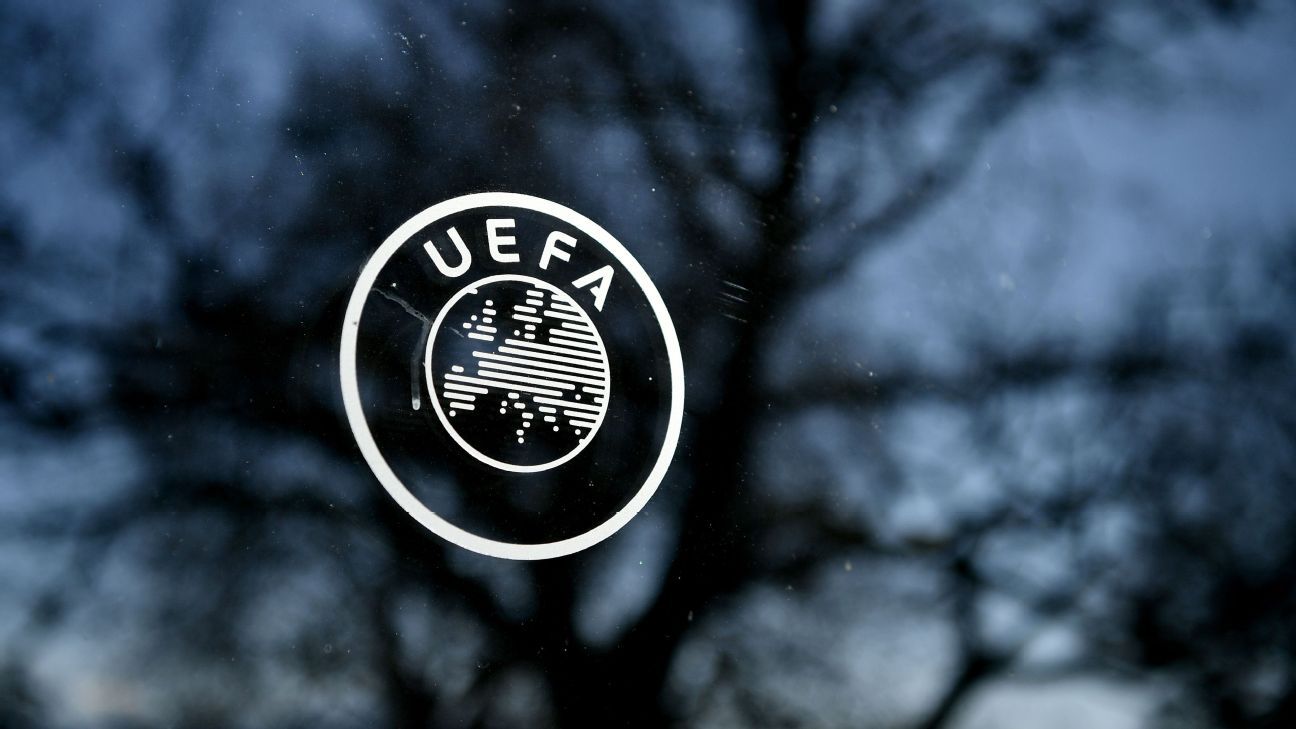
Squash is in limbo, waiting for the moment of truth
By ALAN THATCHER – Squash Mad Editor
With lockdown in various parts of the world set to continue for weeks and probably months, squash is in a perpetual state of limbo. One friend described it more prosaically as being in purgatory, waiting to see if squash can one day wake up to a bright future or be consigned to a list of games we used to play in the old days.
The waiting game is painful. Clubs are closed in many parts of the world, some permanently. And the rest are waiting for that moment when they can reopen and get back to business.
That moment may well define their future, or whether they have one. Many clubs have kept going thanks to the generosity of members who have continued to pay their fees despite not being able to access the facilities.
Others are not so lucky. With squash courts closed, many members, regular players and casual users alike, have switched to golf, tennis and padel.
Will they come back? That is the big question that everyone is waiting to find out.
What awaits them if they do is another key element. More enlightened clubs have used the lockdown as an opportunity to spruce up their facilities.
Those who have open-air courts for tennis and padel may have seen more sporadic bursts of activity between the lockdowns, when outdoor activities were allowed to take place.
At this point I would like to offer my congratulations to Ben Hutton and his colleagues Matt Lambert and Lucy Egan for fighting to keep the Corals Club going in Hove, Sussex.
This famous old club was closed by the owners last summer but Ben and his team negotiated a new lease to take over the premises and manage the whole operation, including the gym.
They relaunched under the banner of Hove Fitness and Squash and were rewarded for their efforts by winning a major prize in the Sussex Virtual Business Awards.
They landed the New Business Of The Year award and showed how passion, integrity and hard work can pay off.
Sadly, the Covid restrictions have forced them to close again, like everyone else, but they vowed to reopen with the same levels of energy to keep the club and the game of squash alive.
When the Covid vaccination programme rolls out more fully, and we see a significant reduction in the alarmingly high infection rates, then squash will need large helpings of that energy to keep the game alive and relevant across the globe.
In many countries, particularly in those areas with warmer climates, the conversation has turned to the provision of open-air squash courts.
Several outdoor projects are in the pipeline in the USA, which has suffered heavily from club closures in the past decade and fitness chains dropping squash from their offerings to members.
Despite the growth in courts being built at private schools and colleges, and some very expensive urban squash projects, very few of these facilities are open to the public, resulting in a dearth of affordable squash opportunities for those on modest incomes.
I was delighted to be interviewed by Jethro Binns for a video being broadcast soon by SquashSkills and to discuss how the new group of Foundation Coaches being trained by SquashSkills can play a major part in welcoming newcomers to the sport, and providing mentors to help them on their journey.
We discussed a wide range of topics affecting squash, but finishing on a note of optimism with the hope that every club and every coach in every nation will join forces to help relaunch the game on World Squash Day in September.
I was also interviewed by journalist Geoff Bew for a shorter broadcast on the Brighton University YouTube channel (see above). Again, we discussed various ways in which squash can learn from the phenomenal growth of padel and pickleball in many parts of the world.
My concept, with the Squash 200 Consultancy, is to partner with these emerging sports to build clubs for the future, with squash, padel and pickleball alongside each other.
With a gym, new-look social facilities and a nutritious menu available throughout the day, we can provide genuine health benefits to local communities. With squash at the heart of operations.
Related articles
Happy at Hove: How Corals became the beating heart of Sussex squash
Rod Bannister: Let’s make squash cool and funky















 Phone: (800) 737. 6040
Phone: (800) 737. 6040 Fax: (800) 825 5558
Fax: (800) 825 5558 Website:
Website:  Email:
Email: 






